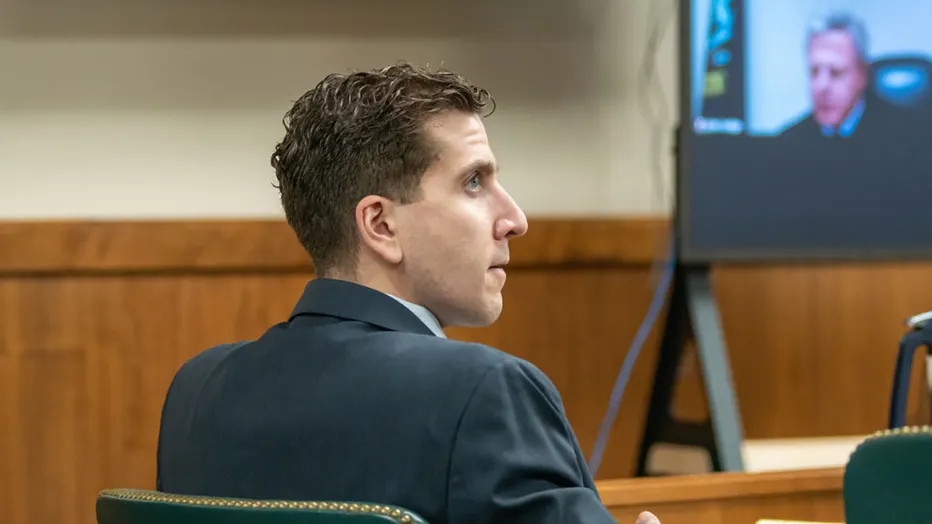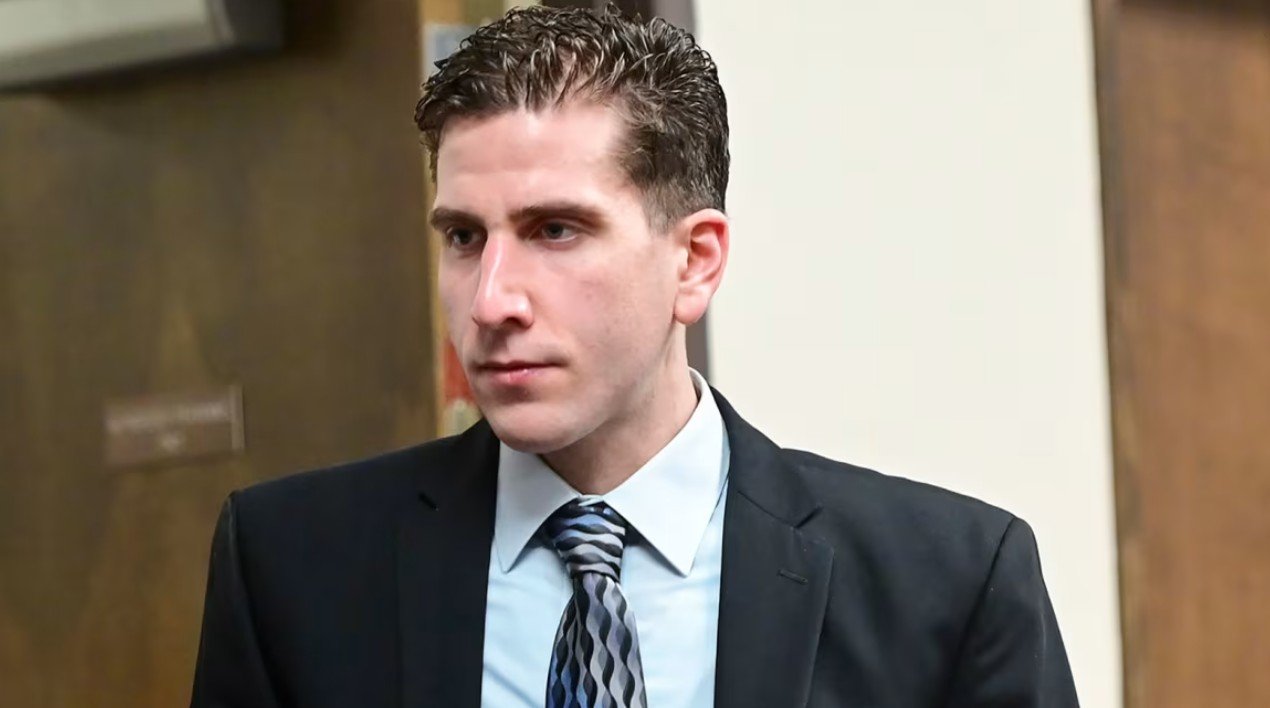
Image Credit: (Pool/Getty Images)
Is Bryan Kohberger Plea Deal a Confession or a Defense Strategy?
A Deal with the Devil — or a Delay for the Innocent?
Why the Bryan Kohberger Guilty Plea Might Be a Legal Strategy, Not a Confession
Anne Taylor: Cornered by the Clock?
Bryan Kohberger’s guilty plea has left the public reeling, closing what many believed would be one of the most closely watched trials in modern American criminal history.
Kohberger, a 29-year-old criminology Ph.D. student at Washington State University, was accused of brutally murdering four University of Idaho students in November 2022: Ethan Chapin, Kaylee Goncalves, Xana Kernodle, and Madison Mogen.
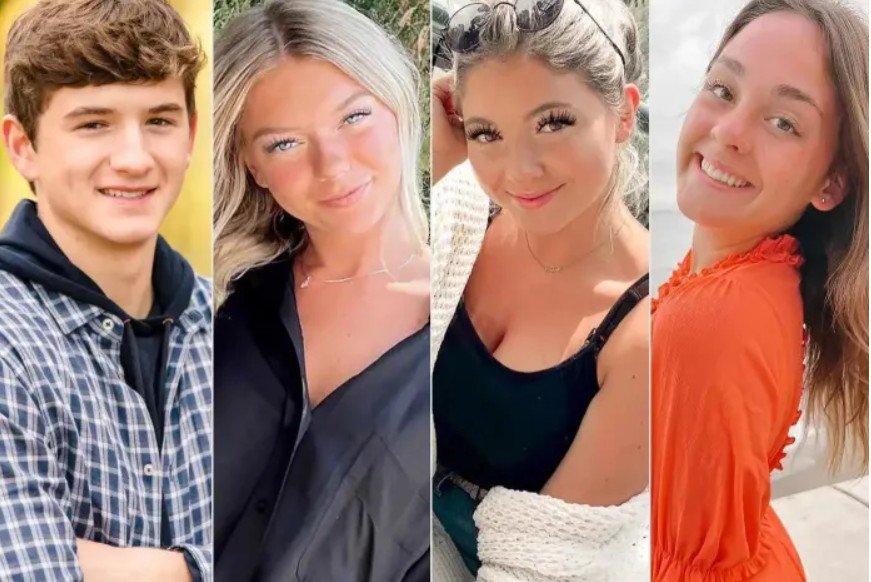
The crime stunned the quiet college town of Moscow, Idaho and quickly went national. For months, Kohberger maintained his innocence through his attorneys, including public defender Anne Taylor, and the case was slated for a death penalty trial set to begin in fall 2025.
But now, with a guilty plea entered in open court and the death penalty off the table, the question must be asked: was this a confession—or a strategic retreat?
One person who has never wavered publicly on Kohberger’s innocence is his lead public defender, Anne Taylor. From the earliest hearings to the most recent court appearances, Taylor has repeatedly emphasized her belief that Kohberger did not commit the murders.
She has fought fiercely to build a defense that included exploring alternative suspects, highlighting weaknesses in the state’s digital and physical evidence, and most recently, attempting to introduce third-party DNA connections. Those efforts were thwarted when Judge John C. Judge (later replaced by Judge Jason D. Hippler) denied the motion to pursue those leads.
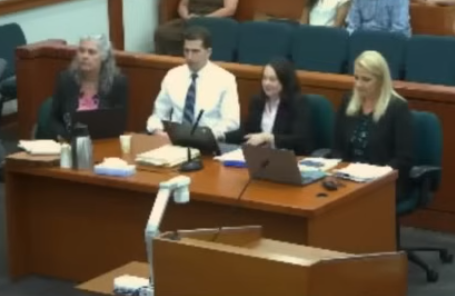
Image Credit: CourtTV YouTube “Bryan Kohberger Defense Pushes to Delay Trial in Idaho Student Murders”
Taylor wasn’t alone in her belief in Kohberger’s innocence. In February 2025, highly respected DNA expert Bicka Barlow joined the defense team.
Barlow had originally come on board as a defense witness, testifying at an earlier hearing on the reliability and methodology behind the state’s use of genetic genealogy.
But she quickly became a full member of the legal team—a rare shift that indicates just how committed she was to the defense’s argument that the DNA evidence linking Kohberger was deeply flawed.
Also part of the original defense team is Elisa Massoth, a capital-qualified death penalty attorney, who—like Taylor—expressed confidence in Kohberger’s innocence throughout her involvement. Meanwhile, Jay Logsdon, though no longer officially on the team, remains on as a consultant. He too has gone on record in support of Kohberger’s innocence, reinforcing the possibility that this team was, and perhaps still is, building a defense they believed in.
Despite their efforts, Taylor, Massoth, and Barlow found themselves in an increasingly hostile courtroom environment. When Taylor asked the court for more time—specifically to prepare for the mitigation phase in case of conviction—Judge Hippler refused. Taylor expressed that the defense was not yet ready. They needed to interview more witnesses, dig further into Kohberger’s background, and ensure they had the full picture before presenting it to a jury.
Hippler’s response? Essentially, too bad. His demeanor during that hearing was described by observers as visibly irritated. His tone, his body language, even his curt phrasing suggested he was done extending grace to the defense.
So what happens when a defense team, convinced of their client’s innocence, is told: you’re out of time?
They pivot. And they plead.
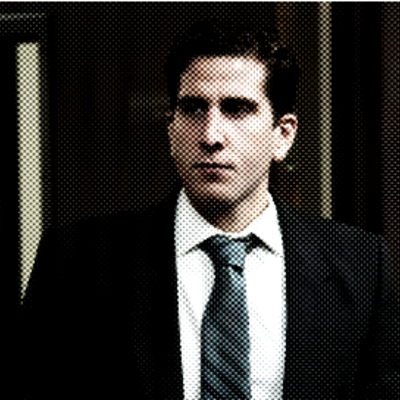
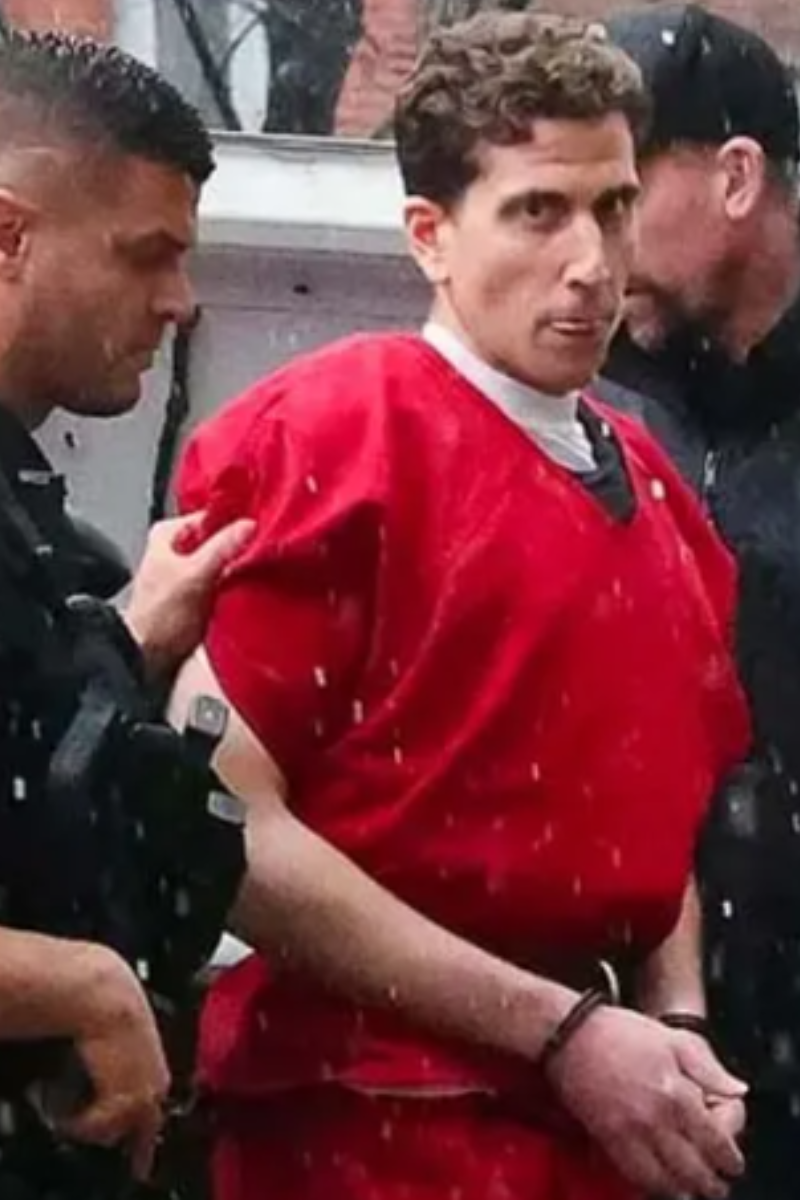
Image Credit. (The Image Direct for Fox News Digital, WSU, Instagram)
Why a Guilty Plea Buys Time
Here’s what many casual observers miss: guilty pleas aren’t always about guilt. In fact, they can be about survival.
More than 95% of criminal cases in the United States are resolved through plea deals rather than trials. They’re often used not because the defendant is guilty beyond doubt, but because the system is designed to reward expediency over uncertainty.
With a guilty plea in place, the defense can now:
- Quietly investigate claims they weren’t allowed to introduce at trial
- Conduct interviews that the timeline previously made impossible
In addition, the defense can explore post-conviction relief options, such as:
Newly discovered evidence
Brady violations or suppressed material
Ineffective assistance of counsel (ironically or preemptively argued)
Mental health mitigation evidence
Yes, a guilty plea typically comes with a waiver of appeals. But in cases where future legal action is grounded in claims of procedural unfairness or new evidence, the door remains cracked open. Not wide—but not locked.
The Case Still Isn’t Clean
The inconsistencies have lingered since the start:
- Surviving roommates reportedly waited eight hours to call 911 after the murders—a fact the public still finds baffling
- Unknown DNA was found at the scene and, according to the defense, never fully explored or tested
- Even prosecutors admitted in court they lacked definitive proof Kohberger had ever stalked the victims
- Kohberger’s widely scrutinized Reddit survey on criminal behavior? A class project, not a confession
These gaps didn’t go away—they were simply never allowed to be examined in open court. Once the plea was entered, the trial disappeared… and so did the chance to scrutinize those uncomfortable details.
Other Guilty Pleas That Ended in Exoneration
Kohberger’s plea raises a chilling question: how many others have pleaded guilty under pressure—only to be exonerated later?
History is full of defendants who pled guilty, sometimes even to murder, only to later be cleared by DNA or new evidence:
- Henry McCollum and Leon Brown, two intellectually disabled half-brothers, pled guilty under coercion in North Carolina and served 30 years before DNA cleared them in 2014.
- Richard Phillips of Michigan spent 45 years in prison after a wrongful conviction. Though he never pled guilty, his case illustrates how weak evidence and systemic failure can rob decades.
- Dewey Bozella pled guilty in New York and spent 26 years behind bars before being exonerated when new evidence surfaced that had been suppressed by prosecutors.
- The Central Park Five initially confessed, some entering plea agreements, only to be cleared years later when the real perpetrator came forward with DNA confirmation.
The common threads? Overwhelming pressure, limited resources, and the sense that there was no other way out. Kohberger’s case, with its looming death penalty and denial of critical defense requests, may eventually join that tragic list.
Why Would Prosecutor Bill Thompson Agree to This?
The decision to take the death penalty off the table has stunned many, especially the families of Kaylee Goncalves and Xana Kernodle, who have expressed outrage over the plea deal. So why would Latah County Prosecutor Bill Thompson agree to it?
On the surface, the reasons appear pragmatic: avoiding a costly and emotionally excruciating trial, protecting the victims’ families from months of retraumatizing testimony and gruesome evidence, and ensuring a guaranteed conviction without risk of acquittal.
But behind closed doors, it raises questions about Thompson’s confidence in his case.
Was the evidence truly as airtight as the probable cause affidavit once implied? Did he have concerns about the limitations of the state’s forensic tools or the potential impact of third-party DNA arguments if they resurfaced on appeal?
Or was he worried about public backlash if the trial spotlight revealed cracks in the investigation?
Whatever his reasoning, this move signals that even the prosecution may not have been fully convinced that a trial would end as cleanly as a plea.
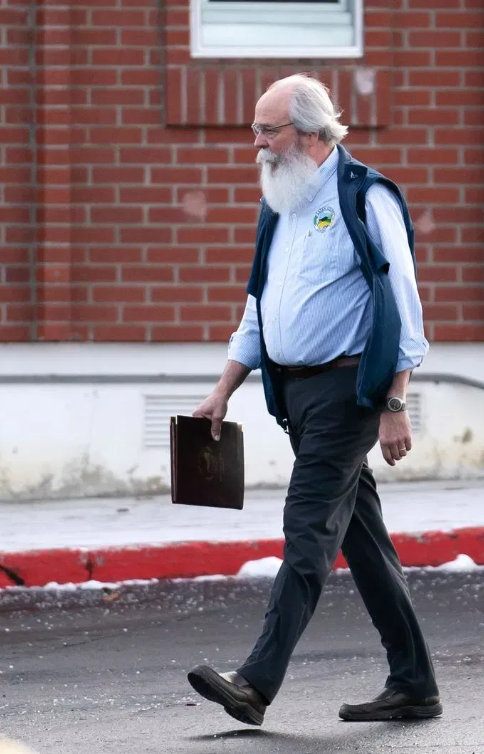
Image Credit: (Austin Johnson/Lewiston Tribune via AP)
Why Pundits Won’t Touch This Theory
This angle doesn’t make for flashy news hits. Most true crime pundits prefer certainty and spectacle. A plea lets them wrap the story in a bow. The public moves on. Viewers feel closure. But the truth?
The plea doesn’t bring closure.
It brings silence. And silence isn’t the same thing as truth.
Many media outlets avoid the most significant detail: the defense approached the prosecution to request a plea. It wasn’t mercy.
It may not be a confession. It could be strategy.
Surrender — or Strategy?
Bryan Kohberger may be guilty. Or maybe not.
What made Bryan change his mind?
Will he fully admit responsibility? Will he talk after this is over?
But this plea? This plea doesn’t feel like closure. It feels like a chess move.
A delay. A survival tactic. A last-ditch effort to reroute the case into a quieter, longer, deadlier lane.
The public may move on. But those who care about due process — and truth — should keep watching.
Because this isn’t over. It may have only just begun.
Sound Off…
Do you believe this plea was a confession — or a survival move? Are we too quick to accept a guilty plea as gospel in high-profile cases?
Join the conversation in the comments below or find me on Twitter X: Liz@Justice Case Analysis.
And if you think this theory deserves more daylight, share it — before the next headline buries it for good.
Looking Ahead: Will the July 2nd Hearing Reveal More?
Kohberger is expected to appear in court again on July 2nd, at 11:00am MDT, and that hearing may finally shed more light on this plea deal’s true nature.
Will Anne Taylor maintain her posture of unwavering belief in his innocence?
Will Kohberger himself speak — and if so, what will he say?
Until then, this case remains as murky as ever, and the theory that this plea was a strategic delay rather than a full confession remains very much on the table.
Related Articles
Investigators Debunk Myths in Bryan Kohberger Case
Image Credit: (Pool/Getty Images) In a rare and revealing post-sentencing interview with CNN’s Jean Casarez, Idaho State Police Lt. Darren Gilbertson and Moscow Police Chief Anthony Dahlinger addressed the public directly, cutting through a sea of misinformation and...
Will Bryan Kohberger Speak at Sentencing?
Image Credit: (Pool/Getty Images) Update: 7/23/2025 As Predicted, Bryan Kohberger did not make an allocution at his sentencing hearing. Judge Hipler: "Mr. Kohberger, uh, you have an opportunity to make a statement if you wish to. I take it you are declining". Bryan...
The Shocking Bryan Kohberger Guilty Plea | What We Still Don’t Understand
Image Credit: (Pool/Getty Images) Bryan Kohberger’s guilty plea sent shockwaves—not just because of the admission itself, but because of the strange, suffocating stillness that clung to the courtroom as he delivered it. He sat stiff and motionless at the defense...

